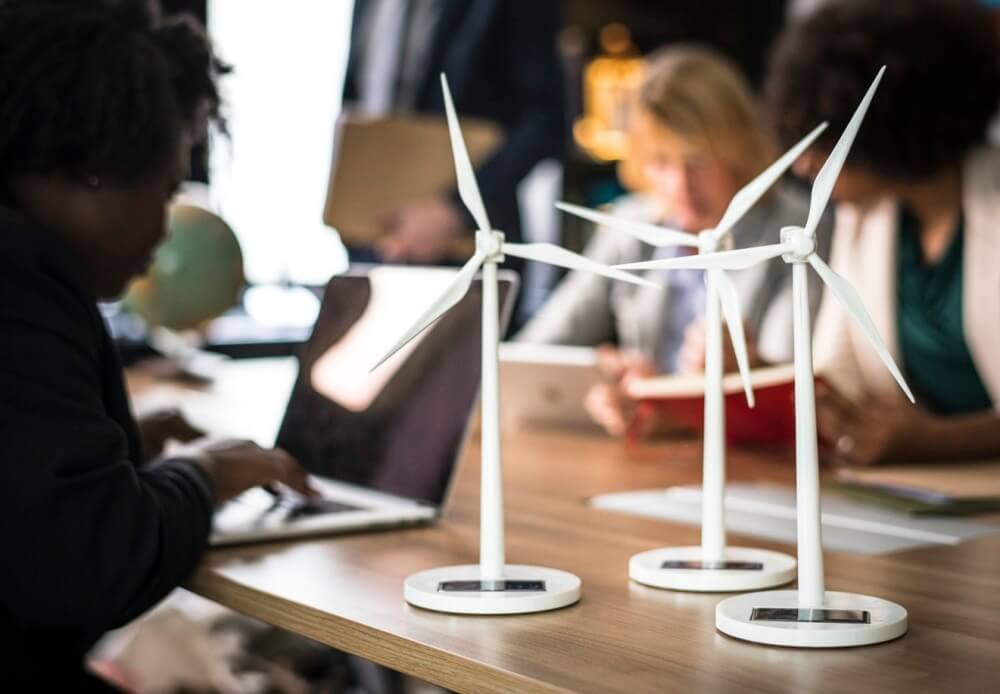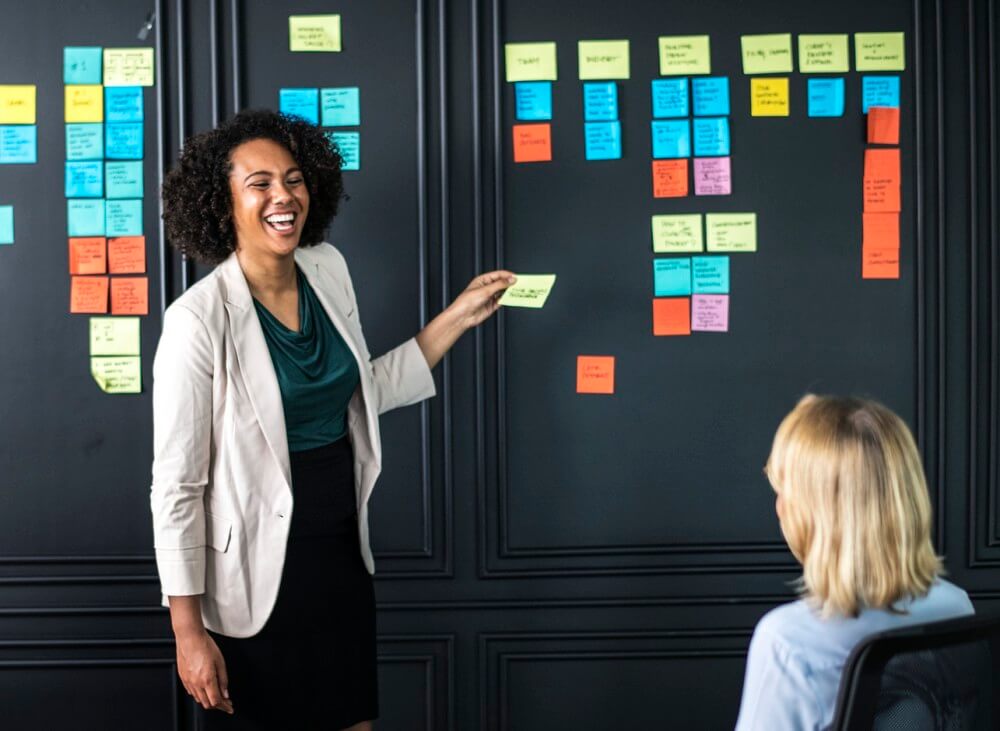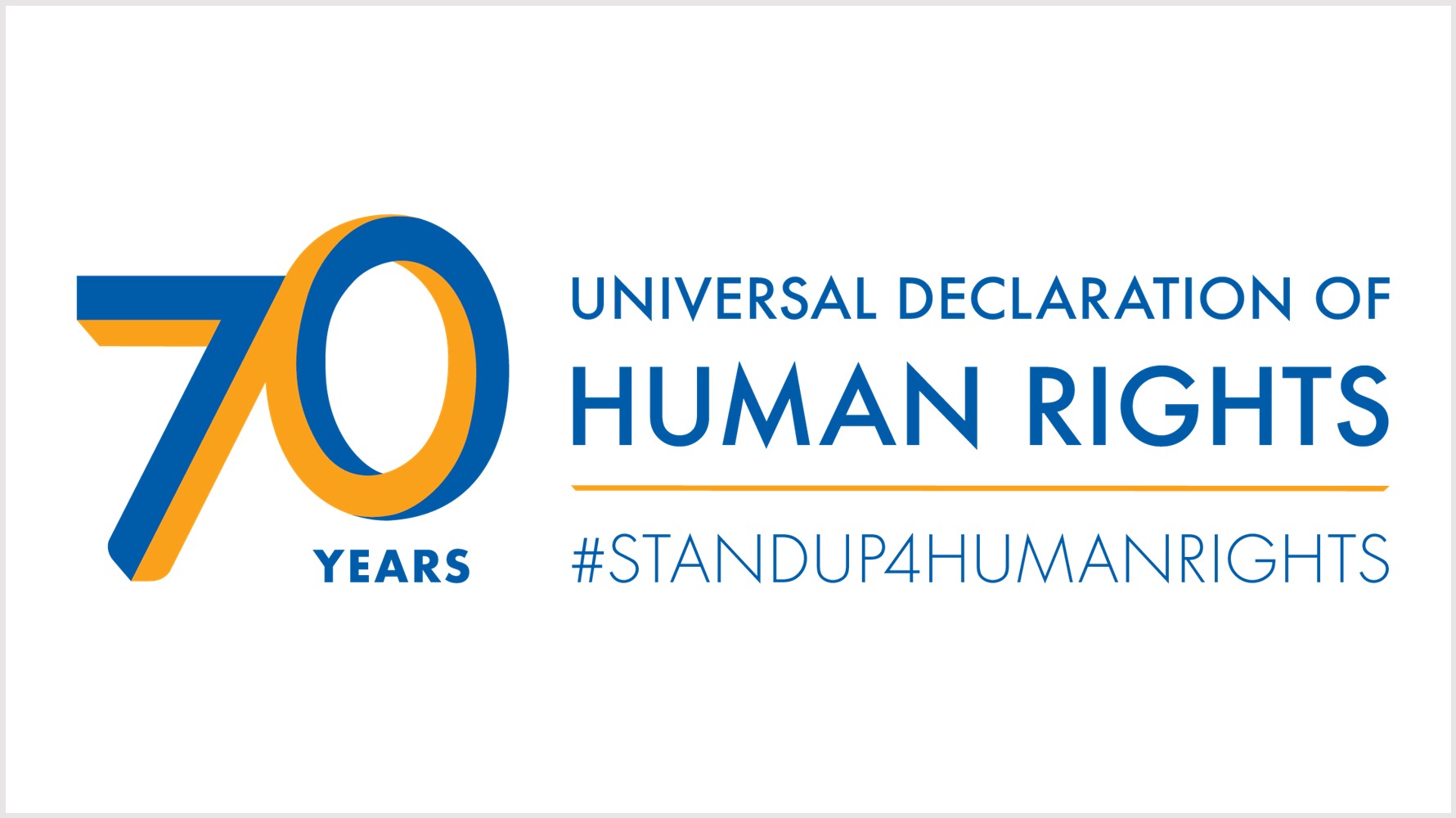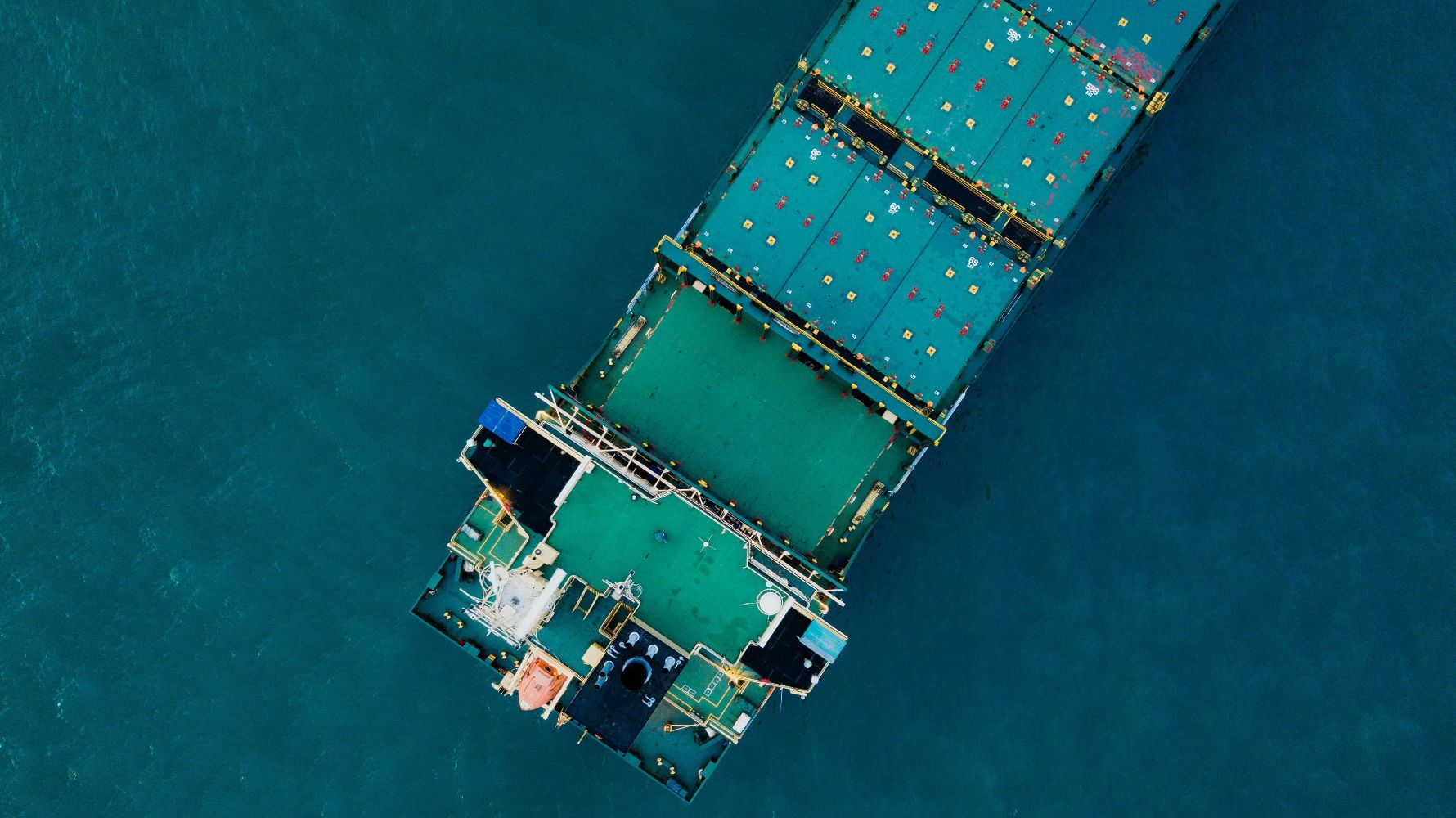According to the World Economic Forum the participation of women in the oil and gas industry remains below 20% and between 10% and 15% at senior level.
Being able to integrate different worldviews is a tremendous advantage that companies should not neglect. At the end of the day, organizations are a reflection of society.
That's why we strive to create an environment that promotes diversity, inclusion and equal opportunities for all, regardless of our ethnic and cultural backgrounds, age, sexual orientation, disability or gender.
To celebrate National Business Women’s Week® we had a chat with some of the top executives at CWT Energy, Resources & Marine, Carlson Wagonlit Travel’s specialized division, to gather their views on industries still very much dominated by men.
Danièle Gadbois, Vice President, Global Business Development, leads the global ERM business development efforts after holding different executive roles within CWT’s Customers organization. She was awarded the GBTA Business Travel Professional Service Award.
Lucy Gibson, Global Travel Experience Director, oversees the counselor teams servicing ERM business globally. Once her two daughters were in school, she embarked on her management career, with one of the highlights being her involvement in Operational Excellence, earning her LSS Greenbelt certification. She will celebrate her 30th anniversary with CWT next year.
Lynn Galovich,Senior Director, Global Client Management Americas, leads a team of client managers that are dedicated to ensure that CWT delivers on its promise to meet or exceed at every turn. Lynn has over 27 years of travel and meetings management experience and is certified as a Green Belt in Six Sigma.

In a previous blog post, we already covered the importance of diversity for organizations. Are you seeing a positive evolution in the ERM industry with regards to women?
Danièle: Yes! We are seeing more and more women taking positions of leadership within the ERM client base. Diversity and inclusion are top of mind for many of our clients. Despite the strides that have been made, there are still many areas where women are under-represented in the industry.
Why do you believe it is important to have women in decision-making roles in this traditionally male-dominated industry?
Lucy: I believe that the right person for the job should be based on the ability to get the job done effectively and efficiently. Bypassing a woman just because of her gender puts companies at a great disadvantage as they could be passing up the best ‘man’ for the role.
Have you had any experiences that have shocked you or reminded you that while there’s been a lot of progress, there’s still a long way to go?
Danièle: I have often had personal experiences of being the only woman in the room in a prospective business meeting or, depending on the culture, have been dismissed or undervalued in discussions. I believe it is important, regardless of industry, to do your homework. Understand who you will be meeting with, what cultural practices they may observe, and be sensitive to those needs.
Any that have really encouraged you?
Lucy: Many of our top ERM clients have women heading up their global travel programs. This is very encouraging to me as it illustrates that, more and more, companies are choosing the people to lead their companies based on credentials, not gender.
How important is it for women to mentor other women, especially those on a leadership track? Have you been mentored? Are you a mentor?
Lynn: Mentoring is a great opportunity for both the person aspiring to be a leader as well as for the mentor. For example, I, as a mentor, can learn from young professionals. They can teach me the newest technology and philosophies of millennials, and I, in turn, can help them understand the responsibilities specific to a job role, the industry ins and outs, business acumen as it relates to policies, procedures, business relationships, and career pathing – both stay ahead of the curve.
A leader that promoted mentoring and networking among women in our industry was Karyl McCurdy Lawson. In 1994, she founded the Women’s Energy Network (WEN) to connect professional women across the entire energy industry and to address their need for leadership, development, education, mentoring and a network.
In the male-dominated energy industry, women lacked access to a forum where they could be exposed to successful female leaders and colleagues who could share their life and career issues. In addition to empowering women energy professionals, Karyl also included a charitable mission of giving back to underserved women and children as a key part of WEN’s core values.

In our 2019 Energy, Resources & Marine Travel Forecast we state that renewables are the fastest-growing energy market and many industry sources affirm this is a field where women are gaining momentum. Do you agree?
Danièle: Yes, definitely! We are seeing more women in all sectors, from management to engineering to grassroots development be included as employees in the renewable space. Renewables are the future. Potentially because they are focused on tomorrow and are new and up and coming companies, their leaders have taken gender equity more seriously. There is still a way to go, but we are seeing progress quicker in this sector.
What’s the business case for gender diversity within certain areas of ERM?
Lucy: I feel that renewables represent a new era of ERM, one that is more open to equality and modernism. This sector is all about innovation and looking to the future where our daughters will not know the boundaries that our mothers did. In order for there to be true equality, women need to enter fields currently dominated by men. Even though more women are entering the ERM industry, they are traditionally doing it in HR, administration, accounting, or counselor roles. By encouraging non-traditional paths we will, in turn, see the equality scales even out.
Are there any roles within ERM that are particularly male-dominated? Why is that? How can that be changed?
Lynn: Yes, it could most definitely change, but the reality is, most of the facilities and expectations of the job disproportionately favor men, i.e. demands of the job (more strength-related in some cases), camp/room accommodations, rotational schedules, social situations, etc. This is definitely changing as it relates to some of the more technical supported areas, such as engineering, R&D and corporate, but the rigs have a definite lean towards a masculine environment.
Are there new roles that will be created or changes that will level the playing field?
Danièle: The diversity and gender gap is being addressed by the industry as a whole. For example, SPE, the Society of Petroleum Engineers, has created a “Women in Energy” (WIN) committee to promote gender diversity in the E&P sector. In the UK, the Energy Leaders’ Coalition has pledged to improve gender diversity within its member companies. It is my belief that increasing the number of women in leadership and middle management positions will have a trickledown effect in bringing more women into the industry.
 What are, in your opinion, the main challenges women face nowadays to enter the industry?
What are, in your opinion, the main challenges women face nowadays to enter the industry?
Lucy: Credibility. Even though you do not see many women at senior levels within the industry, you see even fewer as roughnecks on an oil rig or as merchant seamen. This represents a challenge in articulating that you know their business without having walked a day in their shoes. Knowledge is key in these situations, proving that you have invested the time to understand their concerns, and providing effective solutions to their issues.
What can the industry do to accelerate the inclusion of women?
Lynn: Continue to raise the awareness of this topic, promote an energy career path on college campuses, and have women representing this workforce speak to others as members of the committee, on a board, or for recruitment blitzes. O&G corporations are doing a good job of changing the perception of this as a male-dominated world by promoting the human side of energy, working towards more work-life balance for both male and female. This has increased the younger professionals’ interest in this field with a focus on the environment and a vital career path in this industry. All this will result in a more diverse and deep employee base, drive employee satisfaction and retention.
What can companies do to attract and retain women throughout their career?
Danièle: Some of the areas where companies could work to attract or retain women would be to offer policies to help support children and families. In order to advance in leadership in the ERM field, many companies require international experience. Companies who can make those international opportunities easier for women and families to achieve will ensure women can gain the experience they need to move forward within an organization.
What would be your advice for women seeking careers in ERM?
Lucy: If this is a space you are interested in, hard work, networking, and knowledge are key. Learn about the roles that interest you, obtain the credentials you need to be taken seriously, and request to be taken on as an intern to gain experience.
What specific changes would you like to see for women in ERM in the next five, 10, 20 years?
Lynn: As of 2018, women make up only 20% of the global oil & gas workforce, according to a study by Boston Consulting Group. We all know as we move forward the amount of employable workers is decreasing, so in order to attract and retain the business, companies need to think of how best to secure a more diverse workforce overall. An increase in training to help both women and men feel inclusive together in these tough work environments is critical.
Safety and security is always a concern in ERM travel, especially as many key markets or exploration hubs are located in volatile areas. What can companies do to address specific concerns for female travelers?
Danièle: Companies need to work with their risk management departments to ensure travel policies have sections built in specific to women’s safety. They can work with organizations such as GBTA to gain case studies and references from other companies who have done this. Also, many companies in the ERM space will work with third party safety and security companies who can help make recommendations to policy. The most important aspect is to think of women as a subsection of the traveling population and ensure the current travel policy addresses the security needs for all travelers – women included.
Are there countries where local business culture makes it very hard for female ERM professionals?
Lucy: I feel it is our responsibility as women to be respectful of all global cultures. When traveling or interacting virtually with international clients or teams, I read up on the local culture to ensure I am presenting myself in a respectful and engaging manner. Many countries have hierarchical societies, so knowing your audience is key.
Can you share with us some good practices?
Lynn: Safety and security are paramount for all travelers, specifically for women. Safety around ground transfers, secure accommodations, security in camps and rigs are all best practices and policies that can be adopted to help the confidence levels rise for women wanting to enter specifically in the rig, drilling and oilfield services arena.
Find out more about diversity and inclusion in CWT's Annual Responsible Business Report.








